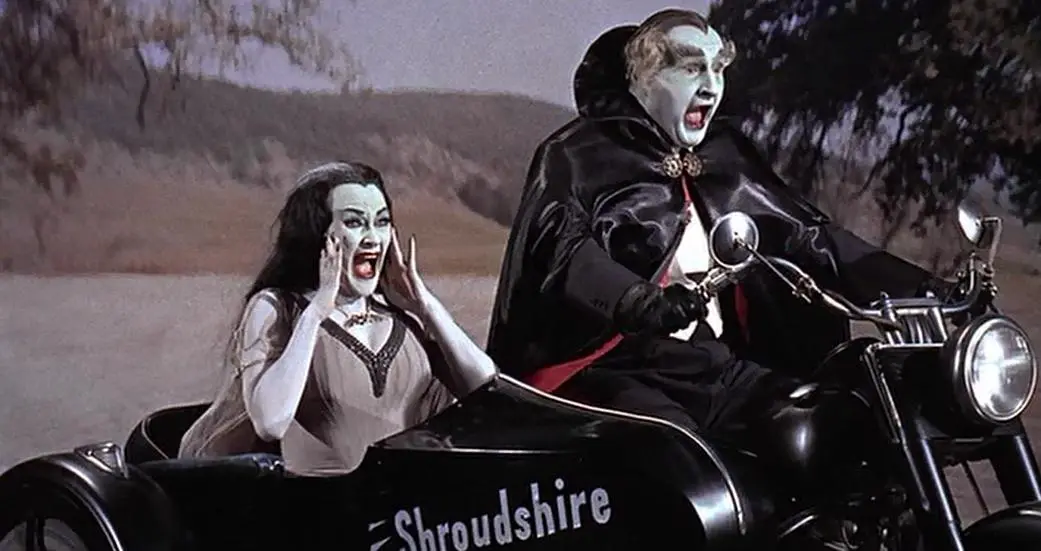When Iceland gained independence from Denmark in 1944, it more or less copy-pasted the Danish constitution and adopted it as its own. Sure, they made a few changes here and there, like changing “king” to “president,” but the tiny Atlantic nation has needed to update its governing document for some time. The country is now drafting their own home-grown constitution, but has decided to allow Icelanders to make comments and suggestions on the draft document through various social media platforms.
The approach is two-fold: Icelanders can make suggestions for the constitutional committee to consider, and also comment on the constitution online. Iceland is taking a highly moderated approach to suggestions they receive electronically, with local committees vetting suggestions before sending them on to the constitutional committee and public online discussion. Though Twitter, YouTube, Flickr are part of the effort, Facebook is apparently the most popular platform for discussion.
By opening up the drafting process, the Icelandic constitution could take on a huge swathe of subjects. The protection of livestock was one submission that is now open for public discussion, and Icelanders are currently commenting on how the new document will handle the ownership of natural resources. This would include the management of the nations fisheries, which Iceland takes very, very seriously.
Opening up the creation of something as vital as a constitution to Facebook commentors might seem counter intuitive, but it is not too surprising in the case of Iceland. In the wake of the financial meltdown that decimated the nation’s economy and banking industry in 2008, the country has placed a very high emphasis on the free and open exchange of information. In an effort to prevent a similar national catastrophe, Iceland famously made itself a so-called “data haven,” eventually playing host to services like Wikileaks.
Using social media also plays to Iceland’s fiercely independent streak, but with so many voices involved, one wonders if any real consensus can emerge. The AP report says that the venom and vitriol common across the Internet has been largely absent from the discussions, but the effectiveness of this approach won’t be known until the draft is completed and the document is put before the country’s parliament.
(USA Today via Mashable, image via Wiki)









Published: Jun 13, 2011 12:37 pm